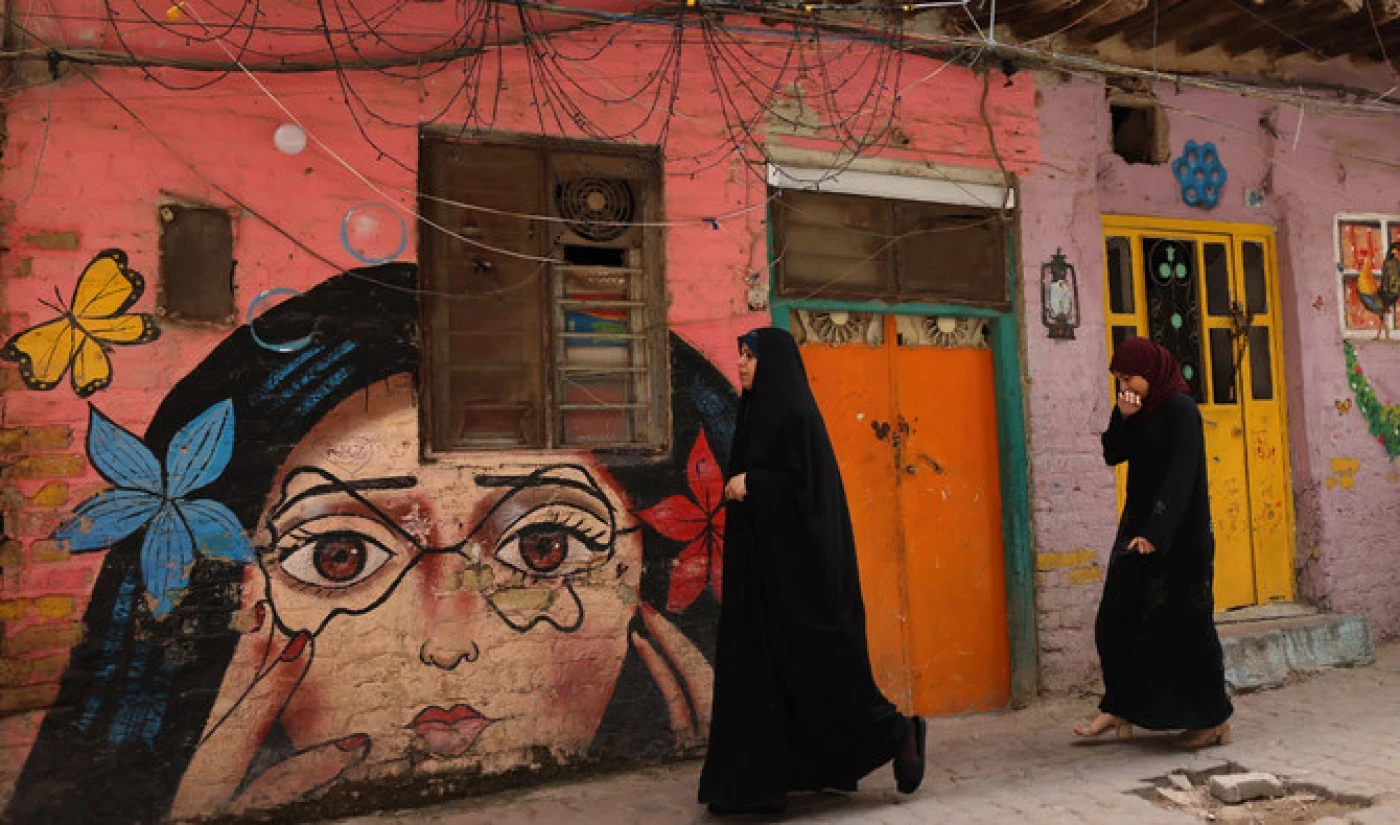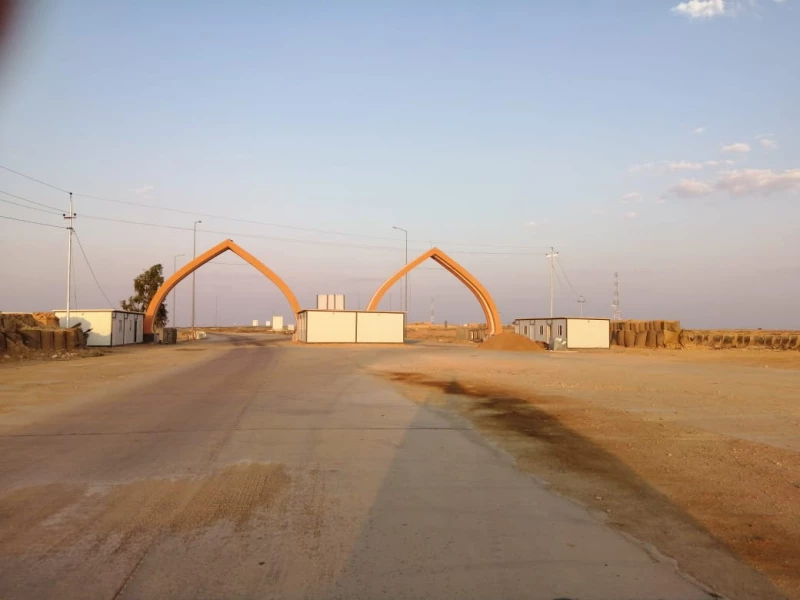ERBIL, Kurdistan Region of Iraq - Iraq has recorded more than 53,000 cases of domestic violence over the past two and a half years, with the majority involving abuse between spouses, the Iraqi Center for Human Rights reported Wednesday.
The center, citing data from the Supreme Judicial Council, said 21,595 cases were registered in 2022, 18,436 in 2023, and 13,857 in the first half of 2024. It noted that 92 percent of these cases occurred between husbands and wives.
Given the societal stigma attached to domestic violence, it is likely that the offical record of of cases falls far short of the true number of instances in the country.
According to the figures, assaults by husbands against wives made up 75 percent of all cases, assaults by wives against husbands accounted for 17 percent, parents assaulting children represented 6 percent, and violence against the elderly stood at 2 percent.
Physical violence was the most common form of abuse in 2024, followed by sexual violence and then verbal abuse, with Baghdad recording the highest proportion of cases at 31 percent.
Between January 1 and May 1, 2024, a total of 13,857 domestic violence lawsuits were registered, most of them involving physical abuse, according to Ministry of Interior statistics. Of these cases, 3,101 individuals were released on bail, verdicts were issued against 100, 1,196 were freed, and reconciliation or settlement was reached in about 4,400 cases. Another 1,500 cases remain under review, while 3,550 complaints were resolved.
The center urged the government, religious and educational institutions, civil society groups, and social leaders to launch awareness campaigns to curb domestic violence. It also called on parliament and the government to speed up the passage of a long-delayed law on domestic violence prevention.
The Iraqi Center for Human Rights on its website describes itself as "an independent, non-governmental, non-profit Iraqi organization that... includes a group of Iraqi legal experts and human rights researchers [and] seeks to promote human rights values."
Human rights monitors and activists have argued that there has been a setback in women’s rights in Iraq in recent years, especially in the wake of the passing of controversial amendments to the country’s Personal Status Law in February, widely criticized for undermining women’s rights and potentially legalizing child marriages
In communities largely governed by conservative religious ideologies and outdated notions of patriarchy, women in Iraq endure crippling marginalization on account of their gender across all walks of life; in their homes, on the streets, in the workplace, and even in the courts.
"Domestic violence in Iraq is by no means a contemporary issue but a phenomenon with deep-rooted historical implications associated with life pressures and commitment to the values and traditions based on the masculinity of all life aspects of the society," a 2021 UN report on the issue in Iraq said.
Legal consultant Hazem al-Safi told The New Region in 2024 that tribal traditions, religious extremism, and the attitudes of political leaders have obstructed laws protecting women, while parliamentary legal committees have largely failed to advance reforms. Violence against women in Iraq includes physical assault, denial of education and employment, financial deprivation, and killings under the pretext of “honor,” which Article 409 of the Penal Code still treats as a mitigating circumstance. Observers believe many such killings are misclassified as suicides to avoid accountability, leaving the true scale of the problem underreported.



 Facebook
Facebook
 LinkedIn
LinkedIn
 Telegram
Telegram
 X
X


